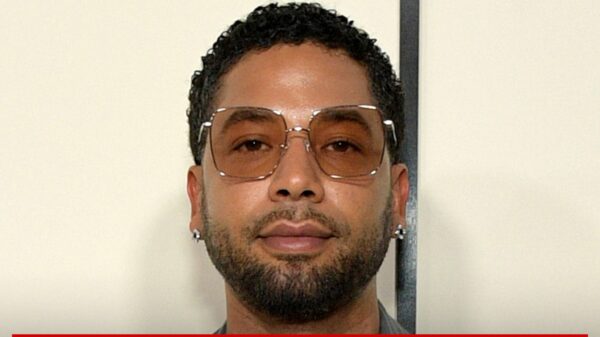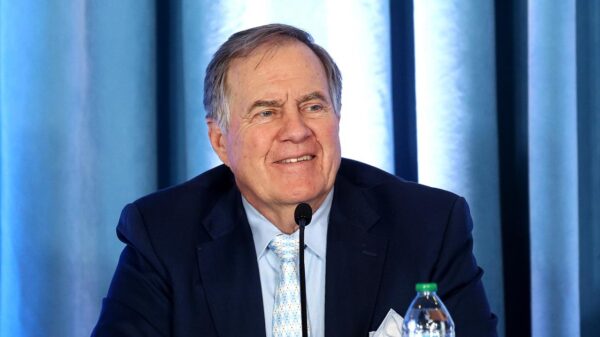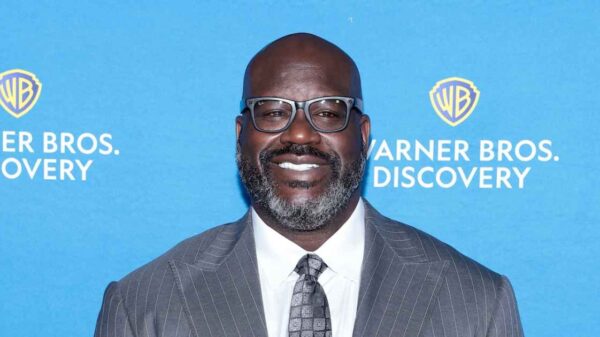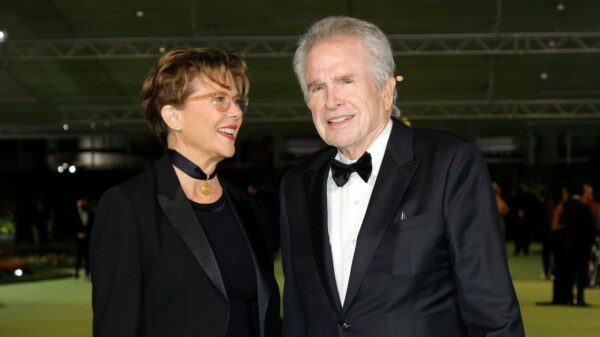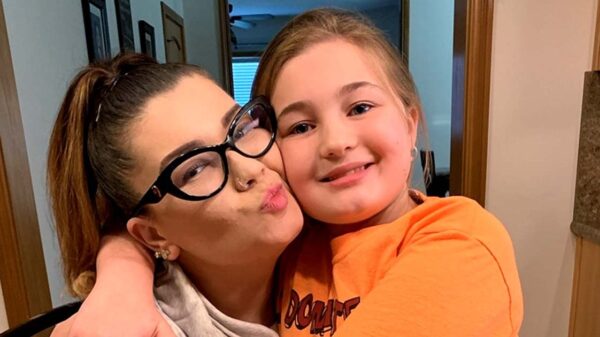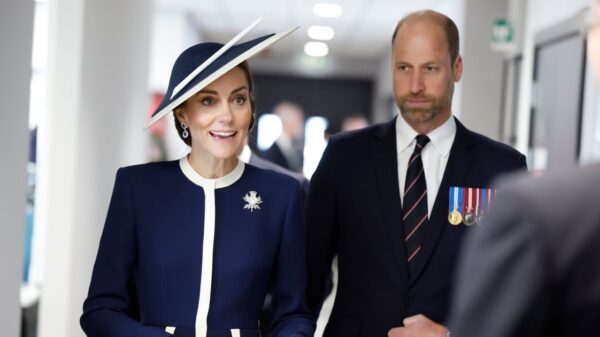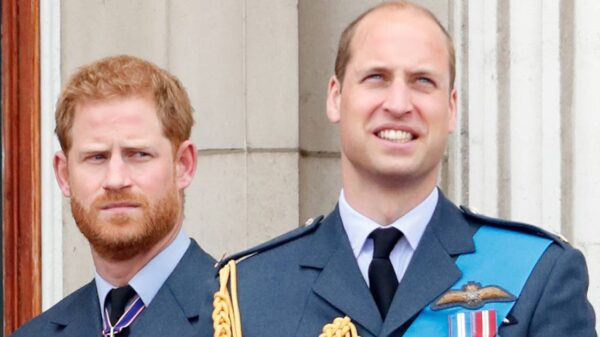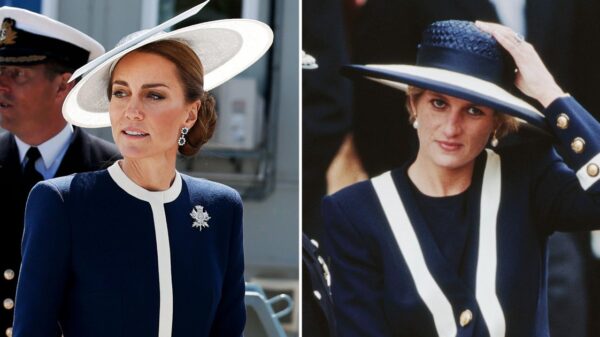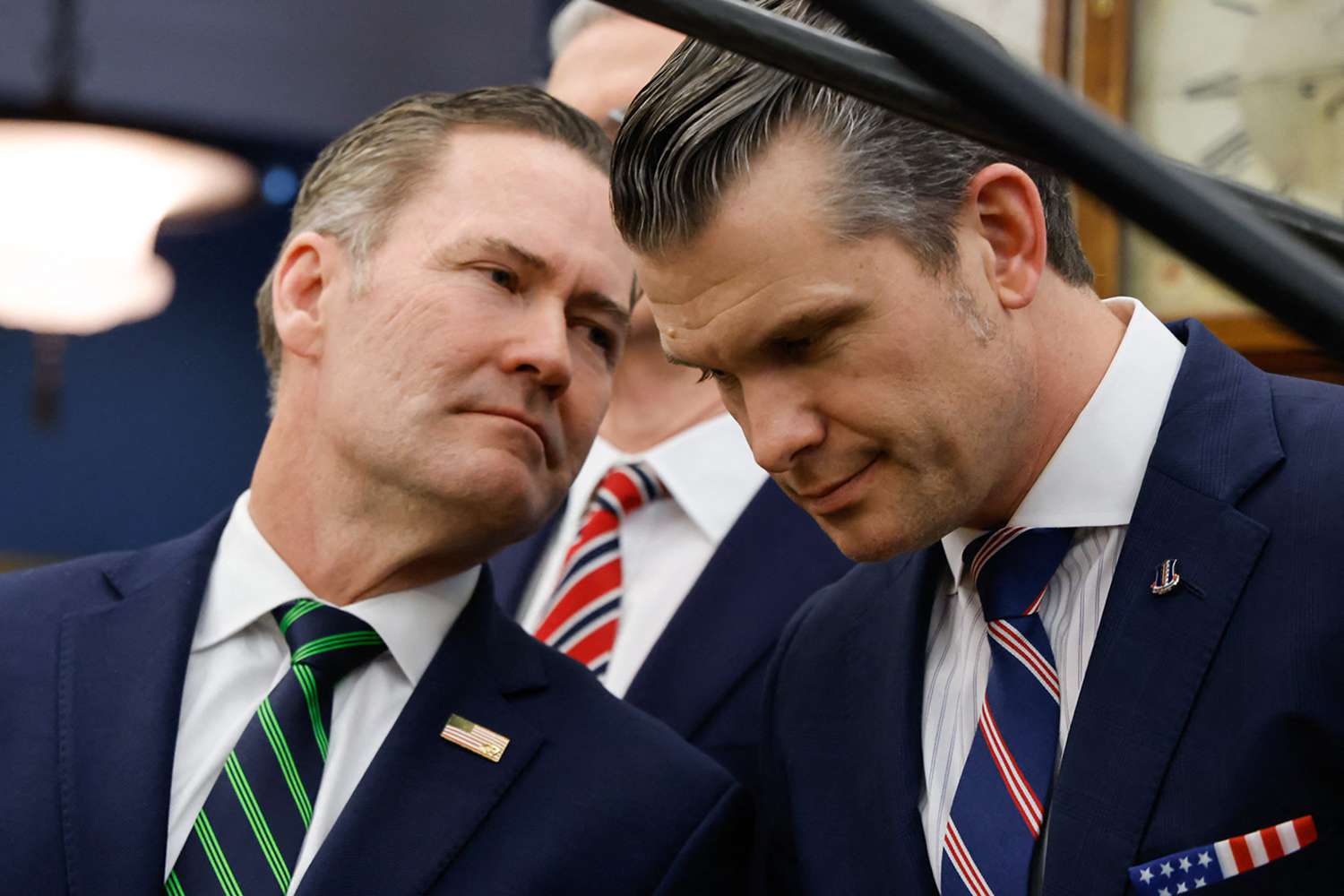- Michael Waltz, the White House national security adviser, admitted to Fox News’ Laura Ingraham on March 25 that he is the person responsible for adding The Atlantic‘s editor-in-chief, Jeffrey Goldberg, to a private group chat with senior Trump officials about U.S. strikes in Yemen.
- Waltz insisted to Ingraham that he doesn’t know Goldberg, leading the Fox News host to repeatedly question how the journalist’s phone number ended up in his contacts.
- Goldberg exposed the full contents of the group chat exchange on March 25 after the White House downplayed the severity of the mistake, which revealed that times and locations of pending air strikes were accidentally shared with the journalist.
When national security adviser Michael Waltz sat down with Fox News’ Laura Ingraham on March 25, he attempted to explain how The Atlantic’s editor-in-chief, Jeffrey Goldberg, was accidentally added to a group chat where senior Trump administration officials were discussing plans to bomb Yemeni rebels.
But Ingraham — who has been generally supportive of the Trump administration — seemed baffled, repeatedly questioning how Waltz had Goldberg’s contact information in the first place.
On March 24, Goldberg published an editorial titled, “The Trump Administration Accidentally Texted Me Its War Plans,” detailing how he received an unexpected connection request on the Signal app on March 11 from a user with the name “Mike Waltz.”
Two days later, Goldberg was added to a group chat called “Houthi PC small group” where Waltz, Vice President J.D. Vance, Defense Secretary Pete Hegseth and several other high-level advisers allegedly discussed the timing and execution of attacks against the Houthis, a group of Yemeni rebels designated as a terrorist organization by the White House.
“I don’t know this guy,” Waltz told Ingraham, referring to Goldberg. “I know him by his horrible reputation and he really is the bottom scum of journalists. I know him in the sense that he hates the president. But I don’t text him, he wasn’t on my phone, and we’re gonna figure out how this happened.”
When Ingraham asked which staffer may have accidentally included the journalist on the chat, Waltz said that he himself is taking “full responsibility” for the mistake.
“A staffer wasn’t responsible,” he insisted. “I built the group… My job is to make sure everything’s coordinated.”
Ingraham — still trying to understand how the error was possible — continued pressing Waltz, saying, “I mean I don’t mean to be pedantic here, but how did the number get in the chat?”
“Have you ever had somebody’s contact that shows their name and then you have somebody else’s number there?” he replied. “You’ve got somebody else’s number on someone else’s contact, so of course I didn’t see this loser in the group. It looked like someone else.”
“Now, whether he did it deliberately, or it happened in some other technical mean is something we’re trying to figure out,” Waltz added.
Ingraham didn’t drop the conversation there, following up with: “But how did [the number] end up in your phone? … That’s a pretty big problem.”
After he tried again explaining the apparent contact mix-up, she repeated, “But you’ve never talked to him before, so how’s the number on your phone?”
Waltz, a former Florida congressman and Army Special Forces veteran, told Ingraham on Tuesday that he had been in contact with fellow Trump adviser Elon Musk, who had “the best technical minds” investigating how Goldberg was added to the chat.
When Ingraham asked who Waltz intended to add to the chat instead of Goldberg, the national security adviser deflected.
“Well, I’m not— Look, Laura, I take responsibility. I built the group,” Waltz repeated. “That’s the part we have to figure out. Embarrassing? Yes. But Pete and I are veterans. We know these operations. He has been an excellent secretary of defense.”
Following the publication of Goldberg’s exposé, the National Security Council told CBS News in a statement that the texts appeared to be “authentic.”
“At this time, the message thread that was reported appears to be authentic, and we are reviewing how an inadvertent number was added to the chain,” an NSC spokesman told the outlet. “The thread is a demonstration of the deep and thoughtful policy coordination between senior officials. The ongoing success of the Houthi operation demonstrates that there were no threats to our service members or our national security.”
The military operations discussed in the text messages later took place as described by the officials, Goldberg wrote — including dates, times and military strategies.
The Associated Press reports that government officials have been known to use Signal, an encrypted messaging app, for correspondence — but it is not as secure as in-person conversations and comes with risk.
Trump initially told reporters after the news broke that he was not aware of the incident, according to the AP.
“I know nothing about it,” Trump said, adding that he thinks The Atlantic is “not much of a magazine.”
“I don’t know anything about it. You’re telling me about it for the first time,” he added.
Never miss a story — sign up for PEOPLE’s free daily newsletter toc up-to-date on the best of what PEOPLE has to offer, from celebrity news to compelling human interest stories.
He later spoke about the gaffe in a telephone interview with NBC News, saying, “Michael Waltz has learned a lesson, and he’s a good man,” Trump said.
Read the full article here





